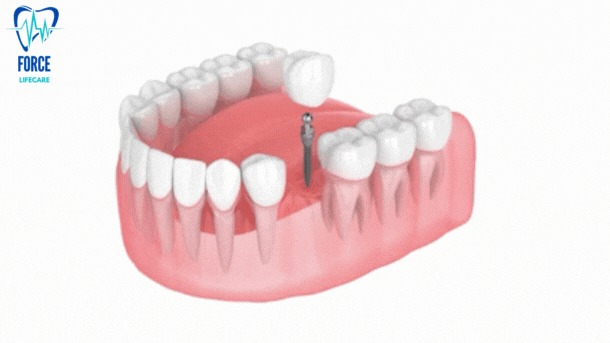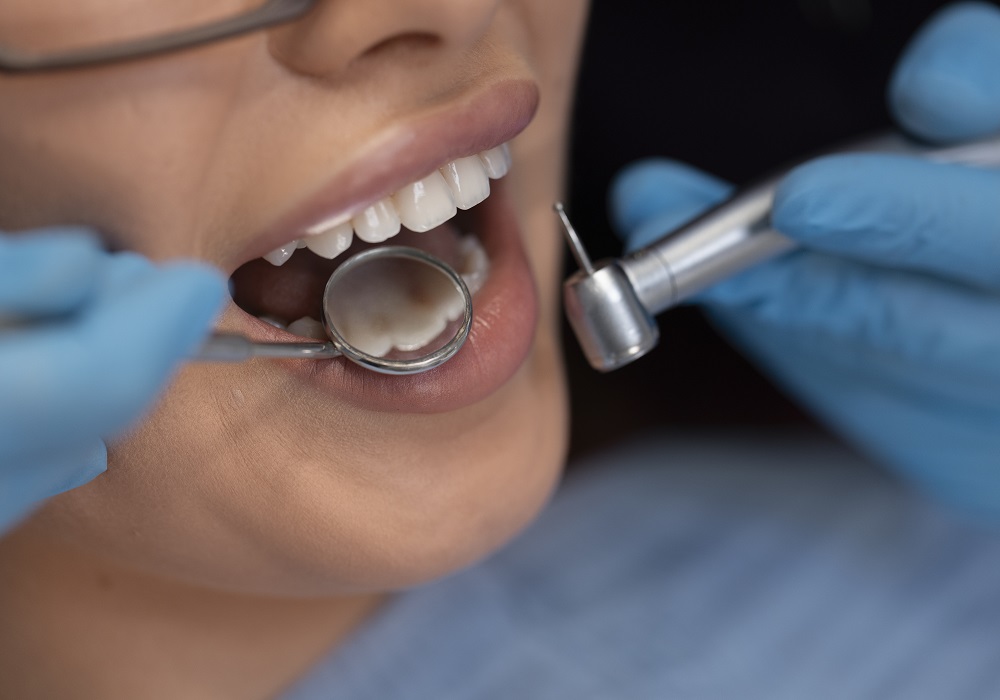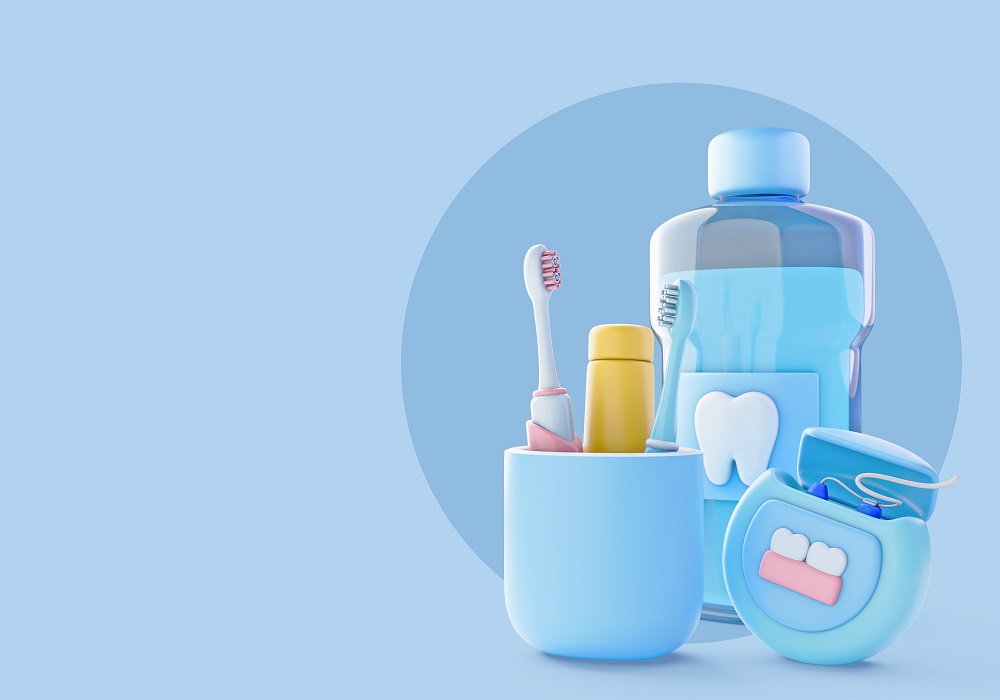A denture blog is a type of blog that focuses on providing information, tips, and resources related to dentures and denture care. Dentures are removable dental appliances used to replace missing teeth and the surrounding tissue. They can be either full dentures (replacing all the teeth in the mouth) or partial dentures (replacing only a few missing teeth).
Dentures are removable prosthetic devices designed to replace missing teeth and surrounding tissues. They are custom-made to fit a patient's mouth and restore their ability to chew, speak, and smile. The process of making dentures generally involves the following steps:
- Initial Consultation: The initial step is to schedule a consultation with a dentist or prosthodontist (a dentist who specialises in repairing and restoring teeth). The dentist will inspect your mouth, record impressions of your gums and any surviving teeth, and go over your unique requirements and expectations at this appointment.
- Dental impressions: Digital scanning technology or dental putty are used to obtain impressions of your mouth. These imprints give a precise representation of your oral anatomy, which is the basis for making dentures that fit you correctly and comfortably.
- A bite registration is conducted to ascertain your jaws' correct positioning and the manner in which they occlude (bite). This makes it more likely that the dentures will support healthy chewing and guard against any bite-related problems.
- Denture Material Selection: You will talk about the type of denture you want and the materials to be used based on your preferences and the dentist's advice. Depending on the situation and the patient's needs, dentures can be created from acrylic resin, a metal framework with acrylic, or a combination of materials.
- Wax Try-In: Using the first impressions and bite registration, a wax model of the denture is made. You can "try on" the denture in its initial form with this wax try-in. Before the final denture is processed, you can assess the fit and aesthetics and make any required revisions
- Final Denture Fabrication: The dentist will send the wax model to a dental laboratory for the final fabrication of the denture after the wax try-in and any necessary adjustments. The actual denture is made utilising the selected materials by skilled dental technicians using the wax model.
- When the final dentures are prepared, you will go to the dentist for fitting and adjustments. The dentist will check the fit of the dentures and make any required modifications to provide a cosy and stable fit.
- Post-Adjustment: When wearing dentures for the first time, it's normal to feel a little uncomfortable or sore. How to take care of your dentures and gradually grow used to wearing them will be explained by your dentist.
- Follow-Up Visits: Regular follow-up appointments are necessary to assess the fit and function of the dentures. Adjustments may be made as needed to ensure they remain comfortable and effective.
Remember that the denture-making process can vary slightly depending on the specific requirements of each individual case. The goal is to create dentures that fit well, look natural, and restore your ability to eat, speak, and smile with confidence.
What are the benefits of dentures?
Restored Chewing Ability: Wearing dentures enables people to properly chew and crush their food, which enhances digestion and nutrient absorption. The opportunity to eat a diverse diet once more can have a favourable effect on one's health and wellbeing.
- Speech Improvement: Teeth loss can impair speech, leading to issues with pronunciation and enunciation. Dentures fill in the gaps, allowing for smoother pronunciation and regaining communicative confidence.
- Enhanced Aesthetics: The mouth and face can look much better with dentures. They offer a more youthful face contour, reinforce the lips and cheeks, and fill in the voids left by missing teeth.
- Enhanced Self-Esteem: Missing teeth can cause social disengagement and a lack of confidence. By restoring their smile, dentures can make people feel more at ease in social situations and boost their self-esteem.
- economical Tooth Replacement alternative: For many people who are missing teeth, dentures are a realistic alternative because they are typically more economical than other tooth replacement choices like dental implants or bridges.
- The process of getting dentures is non-invasive, so there is no need for extensive dental surgery or modifications to the patient's natural teeth.
- Options for Customization: For a more seamless and natural appearance, dentures can be fashioned to match the natural appearance of the remaining teeth.
What are the drawbacks of dentures?
Initial Pain: It takes patients some time to become used to wearing dentures. Until the mouth muscles get used to the new equipment, they may initially produce uncomfortable places, discomfort, or trouble speaking and eating.
Slippage and instability: Lower dentures, in particular, may not fit as firmly as real teeth. They occasionally have a tendency to fumble or stumble while eating or speaking, which could be embarrassing or uncomfortable.
Bone Loss: Because dentures don't stimulate the jaw's underlying bone like natural teeth or dental implants do, they over time may cause bone loss in the jaw. The altered face shape and denture fit that may follow from this bone loss may call for revisions or replacements.
How can I take care of my dentures?
- Handle with Care: Always handle your dentures with care to avoid dropping them or causing damage. Hold them over a soft surface, like a folded towel or a basin of water, when cleaning or handling.
- Daily Cleaning: Clean your dentures daily to remove food particles, plaque, and bacteria. Use a soft-bristled denture brush or a toothbrush specifically designed for dentures. Avoid using regular toothpaste, as it can be abrasive and damage the denture surface. Instead, use mild dish soap or denture cleaning solutions recommended by your dentist.
- Rinse After Meals: After eating, remove your dentures and rinse them thoroughly under running water. This helps to remove loose food debris and reduces the risk of stains and odors.
- Soak Dentures Overnight: When you are not wearing your dentures, keep them moist by soaking them in water or a denture soaking solution. This helps to prevent them from drying out and losing their shape.
- Avoid Hot Water: Do not use hot or boiling water to clean or soak your dentures, as it can cause them to warp or lose their fit.
FAQ
Can I sleep with my dentures in?
It is advised that you remove your dentures at night to give your gums a break if you wear them while sleeping. Even if you are unsure if you can sleep with partial dentures in, it is still preferable to remove them. It's best to err on the side of caution because problems might arise with any type of denture.
Statistics show that partials can last up to 15 years while full dentures can last anywhere from 5 to 10 years. Your mouth and your dentures may experience significant changes over this time, resulting in an uncomfortable fit and an unattractive appearance.
Can dentures be repaired if they are damaged?
Conclusion. Dentures can shatter for a variety of causes, ranging from normal wear and tear to an unplanned mishap. Fortunately for patients, most damaged dental equipment is fixable. Patients should not attempt to mend them without professional assistance to get the best outcomes.



 Dental Checkup Services
Dental Checkup Services
 Our range of products
Our range of products
 Oral Care Blogs
Oral Care Blogs

Recent Comments